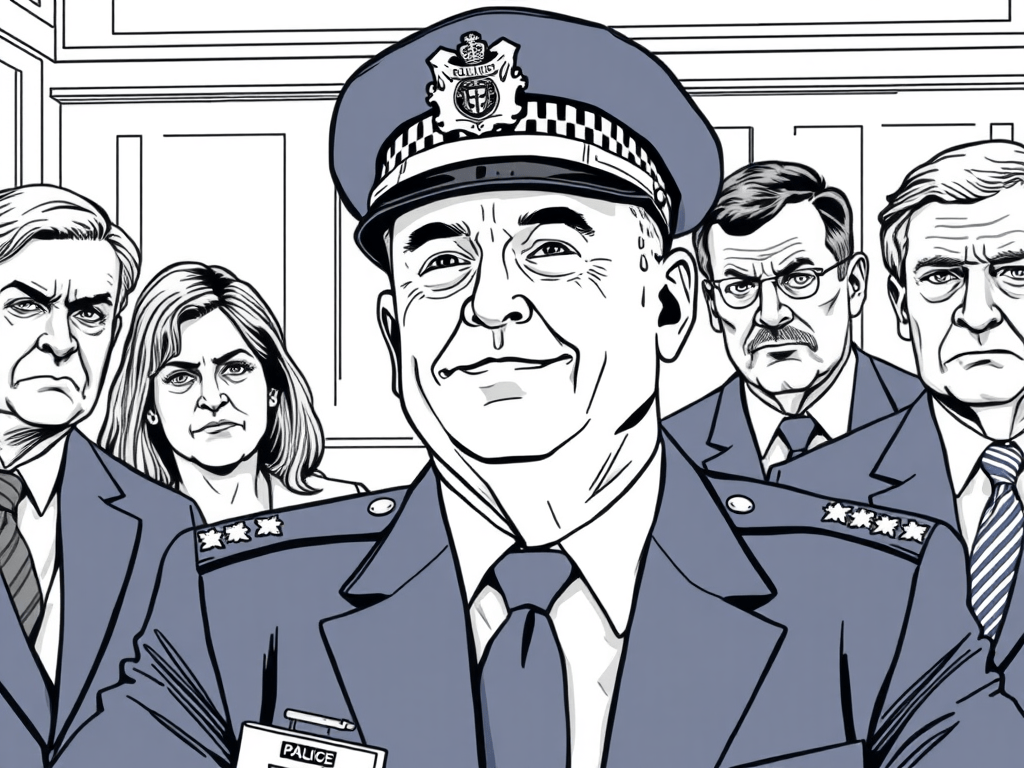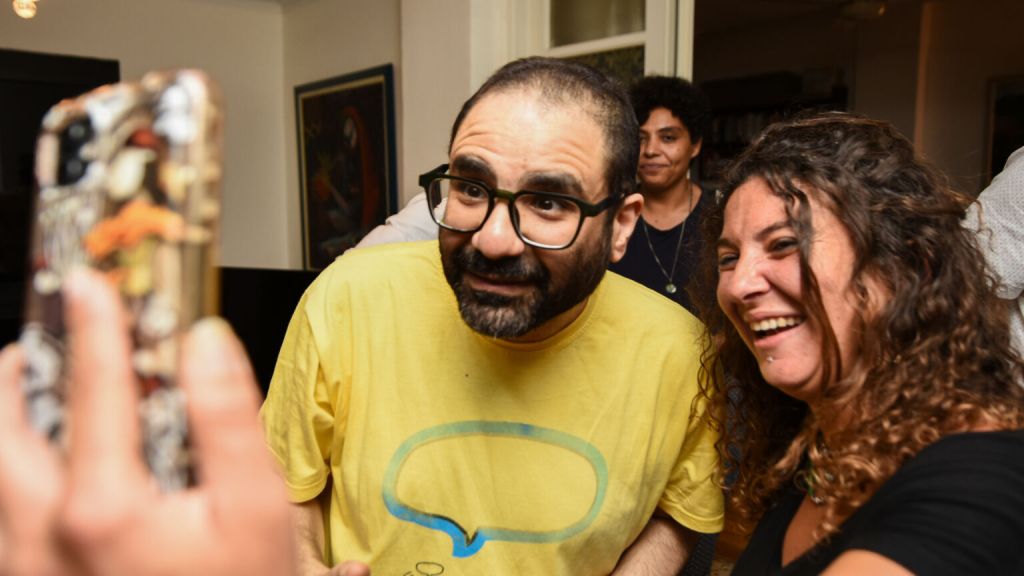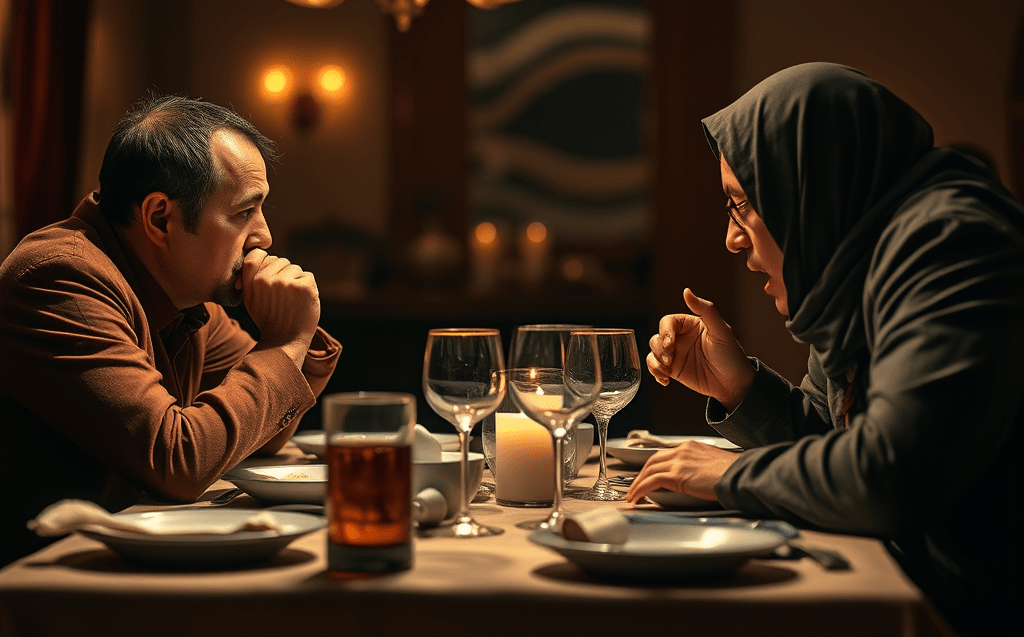Margaret Thatcher famously quoted Kipling's Norman and Saxon to President Mitterand of France in an EU meeting;
The Saxon is not like us Normans. His manners are not so polite.
But he never means anything serious till he talks about justice and right.
When he stands like an ox in the furrow – with his sullen set eyes on your own,
And grumbles, 'This isn't fair dealing,' my son, leave the Saxon alone.
She was trying, perhaps not as delicately as her diplomats would have wished, to explain how the apparently calm British will react – eventually – to being wronged.
I spent twenty years in three other countries and worked closely in business with people from many more. I have often smiled to myself since returning when I hear British people speak of our unique sense of fair play. It's not unique at all. Everyone has it. We do not own fairness. We do not own tolerance.
We do, however, traditionally pride ourselves on both and the way we see ourselves has shaped our reactions over the last twenty-five years as we welcomed more immigrants than in the previous two millennia. A few years ago I listened quietly to a Bangladeshi friend – a would-be human rights lawyer – talk about racism in our country. I asked her where in the world was a better place to live as a member of an ethnic minority. On reflection, she agreed with me that there is nowhere.
I am not saying we couldn't treat each other better. Of course we could and should try. But let's take a moment, as our streets burn and our elites condemn us as far-right racists, to be proud of how we've behaved in general towards so many new arrivals in such a short time.
Britain, like Europe's other social democracies, was, when this process began, not producing enough children to maintain our population. That wasn't intrinsically a problem. Depopulation would mean cheaper land and housing, more room for nature and a cleaner environment for example. It was however a major problem for our political elites because of what Nye Bevan called "the big dirty secret about the National Insurance Fund." Which is, there is no f***ing fund.
The "from the cradle to the grave" welfare state was a mis-sold insurance product. We and our employers paid something called National Insurance on our salaries, which was supposed to fund benefits when we were sick, unemployed or too old to work. However, none of that money was ever actually set aside and invested. Politicians spent it in ways they thought would win votes. They counted – like the founders of a Ponzi scheme – on future contributors. When they realised those contributors weren't coming in sufficient numbers, they knew their scheme would collapse. The demographic crisis was theirs.
One day history may reveal which politician in the capital of an old European empire realised there was a ready supply of workers in the former colonies. People who spoke our languages and were familiar with our systems of government – because both had been forced on their ancestors. It was a perilous idea that may yet prove to be the end of European civilisation but he must have looked like a genius to his peers.
The doors were opened and cheap labour flooded in. From the lofty heights where the elites survey us, it looked like a perfect solution. On the ground, not always so much. Mostly we've been welcoming, accepting and tolerant. We've sometimes even gone beyond tolerance and flattered our new arrivals that they've enhanced our magnificent old culture with their jerk chicken and curries.
Yet already when I was a youngster practising criminal law problems had begun to emerge. A custody sergeant with whom I used to chat when waiting to see clients in the cells told me suicide rates among Muslim girls in our Midlands city were disturbingly high. Asked why that was, he said they were not suicides, but honour killings – the first time I'd heard that phrase. No-one, he said, commits suicide by pouring paraffin over themselves and setting themselves alight. It's just too painful. Muslim men were killing their daughters and sisters. Asked why there were no prosecutions, he said senior police officers made it clear to their subordinates that it was "racist" to suggest the dead girls' families' stories of suicide were untrue.
Fresh out of my university law faculty, I sneered that his bosses were right and he was a racist. I will never forget the last words he said to me;
Young man, then you're part of the problem.
And I was. In that moment, I'd turned away from murdered women to preserve my smug world view. Just as, decades later, council staff and police officers in cities all over Britain turned away from young girls groomed and raped by Muslim men, for fear of being called bad names.
Decades later, our elites are still sneering. Yes, skin colour is irrelevant to moral worth. Yes, other religions can and should be tolerated. Yes, immigration can be a good thing – if managed properly. Our island story is peppered with immigrants who made this a better place. But flooding the country with people who don't even aspire to share our values and doing so at a speed that gives no chance – even if we were trying – to assimilate them into our society, was always crazy.
We've long been cowed into submission. We watched as our present PM "took the knee" in solidarity with one black American thug who sadly died an unlawful death, when he'd said not a word about myriad British victims of grooming gangs or honour killings. We watched swastika-bearing pro-Hamas protestors be protected by police from "obviously Jewish" passers-by who might upset them. We watched police run meekly from violent ethnic minority protests against children being taken into care and heard our elites make excuses. We watched our authorities cave into that violence and hand those children back.
Then, when three innocent girls were recently murdered by a second-generation immigrant, we watched the ferocity of the police response to protests. We thought they'd gone soft. We thought they didn't know how to respond to illegal violence. We were wrong. They know how to do it but only to those who challenge the state's political narrative.
It's been called "two tier policing." That is a mild term indeed for open, shameless injustice. Call it what you like, to come back to Kipling, it isn't fair dealing. That's why anger – simmering quietly for so long – is boiling over now. Terrible things may be done, which I will not support or excuse. I am not going to stoop to our elites' disgusting level by excusing wickedness on identarian grounds. I will just say the British State created this dangerous situation.
Our country didn't become the best place to be in an ethnic minority because we are bad people. Calling us bad names and unleashing the state's thugs on us for crimes so readily excused in others is unjust. The government never shuts up about equality, but the most important equality of all is equality before the law. When that fails, as it is failing, there is good reason to ask once again what it really means to be British – and this time get the answer right.








Leave a comment